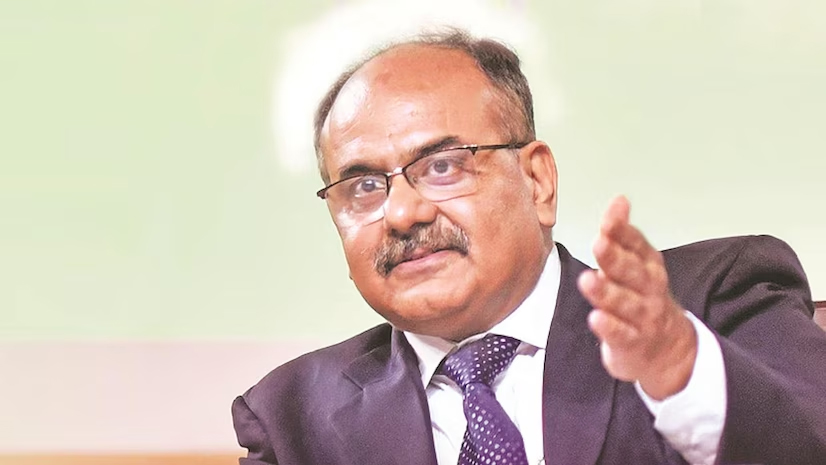NEW DELHI, Dec 8: Ajay Bhushan Prasad Pandey, the chief of the National Financial Reporting Authority (NFRA), stated that aligning India’s auditing practices with international standards will enhance investor confidence, attract additional funding, and ensure the reliability of financial data.
He emphasized that the nation cannot settle for “inferior standards” in its ambition to achieve a “Viksit Bharat.”
Constituted under company law in October 2018, NFRA has issued over 80 orders to date.
In a recent conversation with PTI, Pandey pointed out existing gaps in current auditing standards and noted that many international standards have been updated to address loopholes that previously contributed to various financial scandals.
“In India, we have yet to update the standards in several areas. Many of these have been adopted globally over the last 20 years. Our aspiration for Viksit Bharat necessitates aligning our standards with global benchmarks. We cannot afford to have inferior standards,” stated the NFRA Chairperson.
He mentioned that the NFRA board has approved modifications to certain standards following extensive discussions with the RBI (Reserve Bank of India), Sebi (Securities and Exchange Board of India), and CAG (Comptroller and Auditor General).
However, the apex body for chartered accountants, ICAI, has expressed concerns regarding some of these standard changes.
“We examined the auditing standards, which include approximately 40 standards. We identified 2 or 3 standards, such as SA 600 and SA 299, that differ significantly from international standards, along with others that exhibit considerable variances.
“Our discussions with the RBI, Sebi, and CAG have been thorough over several months, as all three entities are represented on our board. I was pleased to observe a strong consensus that our standards must align with international norms,” Pandey remarked.
SA 600 pertains to the audits of group companies, while SA 299 addresses the joint liability of auditors.
“To engage on a global scale, it is essential to attract substantial funding, and aligning with global standards will bolster investor confidence and enhance the credibility of financial data,” Pandey noted.
Regarding the regulator, he indicated that it is pursuing a five-pronged strategy that includes developing the ecosystem involving auditors and other key stakeholders.
This approach also encompasses implementing disciplinary orders, inspecting audit firms, aligning auditing and accounting standards with global practices to close existing gaps, leveraging technology, and enhancing the regulator’s capabilities.
When asked if NFRA requires additional powers, Pandey replied that there should be no excess regulatory burden, affirming their intention to maximize the use of the existing mandates provided by Parliament under company law.
“If there are legal interpretations needed, these are ongoing processes often influenced by court rulings. I currently do not perceive any significant limitations, and we must avoid creating a scenario of regulatory overburden,” he concluded. (PTI)


Leave a Reply